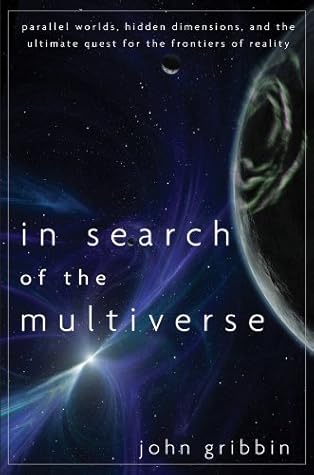The best analogy is with a lottery, where six numbers have to be chosen to have a chance of winning the big prize. Suppose several million people each choose their own sets of six numbers, then one set of numbers is pulled out as the winner. After the event, the winning ticket seems special. But in a more fundamental way, there is nothing special about that set of numbers. By the very nature of the lottery, somebody has to win, and before the draw is made each ticket has an equal chance of winning. Somebody had to get lucky.
This is a terrible, tired analogy. This presumes a million chances in one instance, instead of a series of instances where the chances are a million to one. If you havea million chances in one instant, some one is "bound to get lucky." If you have a succession of instances where you have one chance and the chance it's always a million to one, the number of instances you have doesn't change the probability. The lottery is designed for someone to win it. If we suggest that a naturalistic universe is the same, we just beg the question.


